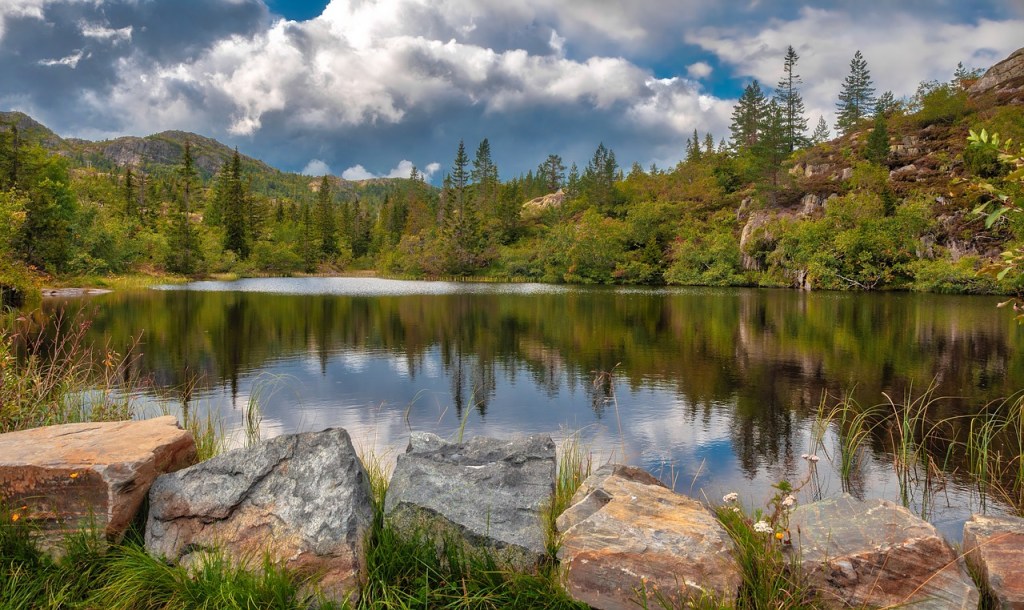
There has been a growing body of evidence supporting the health benefits of walking in nature over the last decade. But the residents of Norway have known this for years. Norwegians are nurtured to walk in nature from birth.
“Norsk friluftsliv” is a national cultural and recreational practice which translates to “Norwegian outdoor life” in English. An organisation of the same name, Norsk Friluftsliv, represents more than 950,000 members of 500 outdoor clubs throughout Norway.
As a matter of fact, Friluftsliv is deeply ingrained in Norwegian culture and is often seen as a way of life rather than a mere pastime. It encompasses various outdoor activities, including hiking, camping, fishing, skiing, snowboarding, kayaking, canoeing, biking, and more.
Norwegians take advantage of their country’s stunning natural landscapes to engage in these activities year-round. The culture has a strong emphasis on connecting with nature and the outdoors and Friluftsliv encourages people to explore and appreciate the natural beauty of Norway, from its fjords and mountains to its forests and coastal areas.
Friluftsliv often promotes a simple and sustainable way of living outdoors. It encourages people to use minimal equipment, leave no trace, and have a low environmental impact while enjoying nature. Members of the organisation take it upon themselves to help maintain public footpaths and protect the local wildlife and natural eco-system.
Health Benefits of Walking in Nature
Engaging in Norsk friluftsliv is believed to have numerous health benefits, both physical and mental. Spending time outdoors, being active, and breathing fresh air contribute to overall well-being by reducing the stress and tension of everyday life.
But Friluftsliv has deeper cultural roots than most countries. Communing with nature is considered a part of the nation’s identity. It is a way for Norwegians to connect with the heritage and traditions of the ancient past.
Even Norwegian schools place a strong emphasis on outdoor education, and many schools incorporate friluftsliv into their curricula. Students learn how to engage in a number of outdoor pursuits, develop a wide range of skills and learn how to conduct environmental stewardship.
The early exposure to outdoor living gives Norwegians a deep appreciation for nature and the environment. It’s a normal way of life that they embrace in all seasons, including winter. Winter sports like cross-country skiing and ice fishing are popular, making it a year-round pursuit.
Friluftsliv often involves family and friends. Sometimes large swathes of the community participate. Families frequently engage in outdoor activities together, and there is a strong sense of community among outdoor enthusiasts.
Friluftsliv also plays a significant role in Norwegian tourism, attracting visitors from around the world who want to experience the country’s outdoor activities and pristine landscapes.
And thanks to Norway’s vast network of national parks and protected areas there are plenty of opportunities for outdoor recreation while preserving the country’s natural heritage.



